My Honest AirDoctor Purifier Review: Would I Repurchase?
I’e owned AirDoctor products for over 3 years now..
Here are my thoughts on whether it may be a good investment for you and your home!
Over the last few years I have been trying to minimize the toxin-load in my household. And one thing I kept struggling with was air filters and purifiers.
Are they necessary? What's the difference? And ultimately, what is the best brand when trying to be mindful of a budget (because i don't know about you, but I don't have endless money to spend on wellness products) It has officially been three years since I made my very first purchase from AirDoctor-- and I feel like I can accurately give my honest review and feedback.
And answer the important question-- Will I continue purchasing products from AirDoctor and do I think they're worth the investment?
Why You Should Consider Investing In an Air Filter for Your Home
Many times when we think of air pollution we think of smoggy downtown streets, or big industrial factories. And while those are huge sources of pollution, we also have quite a few sources within our own homes. These are known as indoor air pollution and include things like:
dust
pet dander
mold spores
volatile organic chemicals (VOCs) from cleaning products and furniture (ya know that funky smell when you open up new furniture??)
cigarette smoke
cooking fumes
All of these can worsen symptoms of asthma and allergies such as coughing, wheezing, runny nose, or shortness of breath. And prolonged exposure can contribute to other health issues and diseases. One study of over 120,000 adults showed a link between poor air quality and increased rates of poor mental health and suicidal tendencies.
There are also studied links between some cancers and neurodegenerative disorders like Alzheimers and dementia.
Something that is always important to me to mention whenever I talk about products is my awareness that it can be overwhelming and seem like a lot sometimes.. I GET IT. If you are not in the place to invest in an air filter there are lots of things you can do to improve your air quality without making a big investment. Here are some of my favorite tips:
swapping harsh chemicals for more natural cleaners
letting things “off-gas” outdoors for several weeks before bringing them into your home (another bonus of purchasing second-hand since most off-gassing happens within the first six months)
house plants!
My personal desire for clean air..
After bringing home my daughter and seeing how sensitive her skin was to certain products, it motivated me to take clean living a little bit further. I wanted the peace of mind that I was doing what I could to protect her (and my whole family's) long-term health and wellness. Whether it was the products put on her skin, the food I fed her, or the air she was breathing.
I also have historically really struggled with seasonal allergies. After reading that different air purifiers could make a marked reduction of symptoms.. I was intrigued even more.
AirDoctor Classic 5500- this is their largest and quietest model and the one we have in our downstairs living room. It is also off the kitchen— which means it is the ultimate tattle tale if I ever burn anything 🙈
How the AirDoctor Works
What makes AriDoctor unique compared to other ordinary hepa filters is is their UltraHepa Filter ®. This hepa filtration is superior and can capture the ultra-fine contaminants you can’t see like dust, pollen, mold spores, smoke, pet hair, and dander, bacteria and viruses.
The HEPA standard requires that 99.97% of particles measuring 0.3 microns are captured. AirDoctor’s 3500 UltraHEPA® filter was independently tested and proven to remove at least 99.99% of particles as small as 0.003 microns— in case you have a hard time visualizing that size-- that’s 100 times smaller than the HEPA standard! This ensures that your indoor air quality is cleaner than with other comparable devices.
Not only that, but it has an additional carbon filter and gas trap that removes dangerous ozone, gases, odors and volatile organic compounds (VOC) like formaldehyde.
What FULLY Convinced It Was Worth It…
I remember when I first got the air purifier, I initially doubted that it would make a difference. I mean, I already avoided artificial fragrances, harsh cleaners, and have a hypoallergenic dog- was an air doctor actually going to make that much of a difference? And while I love reading studies and seeing products backed by science, sometimes you just need a little personal data to really be convinced.
CASE #1
Within the first week of having the air filter in our front living room, I was cooking some dinner. Normally, the air filter runs extremely quiet and I don't even notice it. But all of a sudden, the fan speed kicked into a higher setting..and a higher one... until it was on its highest speed. When I looked over at the purifiers, the indicator light was red meaning the filter was detecting volatile organic compounds in the air.
This was the first time this had happened so I was kind of confused until I noticed that my oven was a bit smoky. Some oil from the pan had dripped onto the bottom of the oven and was starting to smoke.
What was amazing to me was that I was in the kitchen and unable to smell anything- the oven was closed and no smoke was escaping. And yet, 15 feet away, the air doctor had detected the change in our air quality and kicked into high gear. That is something I love about the auto mode-- it responds accordingly to the fluctuations in your air quality.
CASE #2
I've talked a lot about the toxins I try to limit- and many of those falling within health, wellness and beauty products. But one thing I just haven't found a great alternative for is hairspray. It's not something I usually use- mayyybe once or twice a month.
One day in particular I used a couple quick sprays of hairspray upstairs in our bathroom. About five minutes later, I walked downstairs and through my living room where the air doctor is. Maybe 15 or 20 seconds later, it kicked up to a higher setting. I was suspicious if it was because of the hairspray. After a couple minutes, the fan speed turned back down and I walked near it again. Sure enough, it kicked back on.
Since that time, it consistently turns on anytime I use hairspray or if my husband puts on a little bit of cologne.
CASE #3
I live in Idaho and most summers we have a couple of weeks that are extra smokey due to wildfires. And every season, our Air Doctors work overtime. While normally, the indicator light is always in green, during those smokey weeks, it is not uncommon for it to hang out in yellow most of the day because of the smoke.
AirDoctor FAQS
Which Air Doctor is right for me?
One thing I really appreciate is the thoroughness of the airdoctor website. They give you the square feet that is appropriate for each of the airdoctor purifiers. For example the Air Doctor 1000 is appropriate for a small room or office. It can filter the air in up to 285 square feet 4 times per hour, or every 15 minutes.
our six month old filter on the left, versus a brand new replacement filter on the right 👏😅
A larger AirDoctor like the AirDoctor 5000 series can tackle the contaminants in extra-large spaces like open-concept living rooms and high-ceiling great rooms. It is capable of changing the air in up to 1,043 square feet 4 times per hour, or every 15 minutes. This is the one we have in our living room which is open to the kitchen, hallway, and staircase of the rest of our home.
Will it filter out viruses?
AirDoctor’s UltraHEPA air purification technology was independently tested and shown to remove 99.97% of live SARS-CoV-2 virus (COVID-19) from the air. But it is not only effective at filtering out covid, but a variety of bacteria and viruses, including H1N1 influenza, and airborne particles as small as 0.003 microns.
What if I don't love it?
I love supporting companies that have exceptional customer service and truly believe in their product.
AirDoctor is backed by their Breathe Easy Guarantee. Try AirDoctor in your home for 30 days. If you do not love it, simply contact them to return the product and receive a full refund of your purchase price, less shipping and processing. No questions asked.
What is the annual cost of replacing filters?
Not only is the upfront cost something to consider, but a lot of people forget the cost and time of maintenance. To ensure you are getting the cleanest air, you need to regularly replace the filters. One of my favorite features is the light on the top of the device which indicates when it is time to change them out. That means if you have a lot of indoor air pollutants, you will need to change them a bit more frequently. Over the last couple of years, I have found that my replacement filters cost between $100-300 per filter.
To mitigate this cost I always shop when they are having sales to get a more affordable price-- and they frequently have sales which is really nice!
How loud are the air filters?
another nasty air filter on the left (this is the carbon filter), versus a brand new one on the right. You can see where my knee hit the filter on the left and wiped off some of the dust and particles 😷
AirDoctor uses our exclusive Professional WhisperJet fans that are 30% quieter than the fans found in ordinary air purifiers. Airdoctor's auto-mode ensures that the correct level of filtration is going. When it is on the lowest speed, the whisperjet fan is truly a whisper and I never notice any sound at all. When the indicator light is red and the fan picks up it is noticeable, but not anything bothersome or distracting.
Would I buy an AirDoctor again?
Okayy, the question you have all been waiting for.
Yes. I have been so impressed with the AirDoctor products in our home and the improvement of symptoms we have seen since using them. Since our initial filter purchase, we have bought several filter replacements and another purifier for small rooms. And I can confidently say it is a product we will continue standing behind and purchasing.




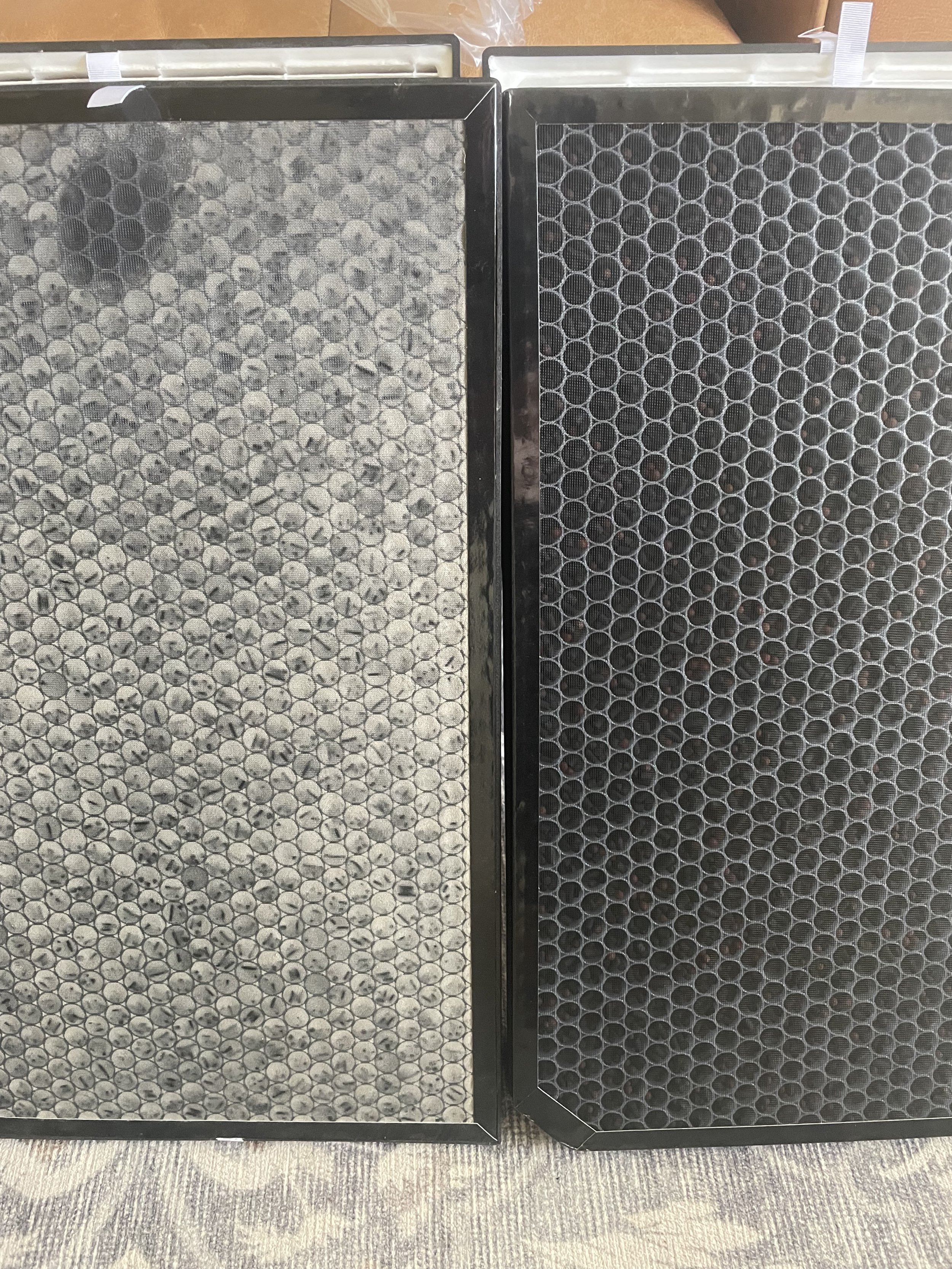

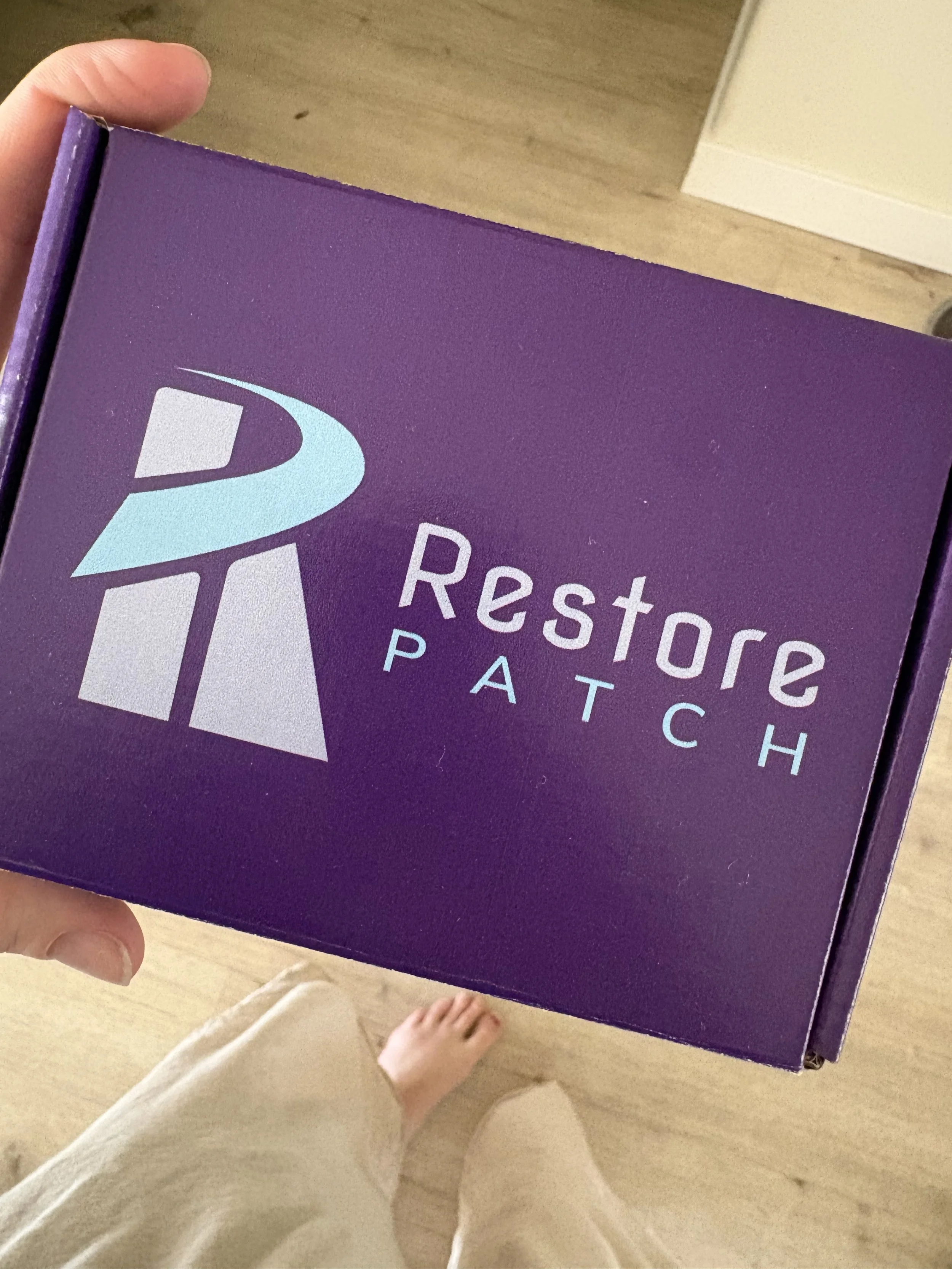

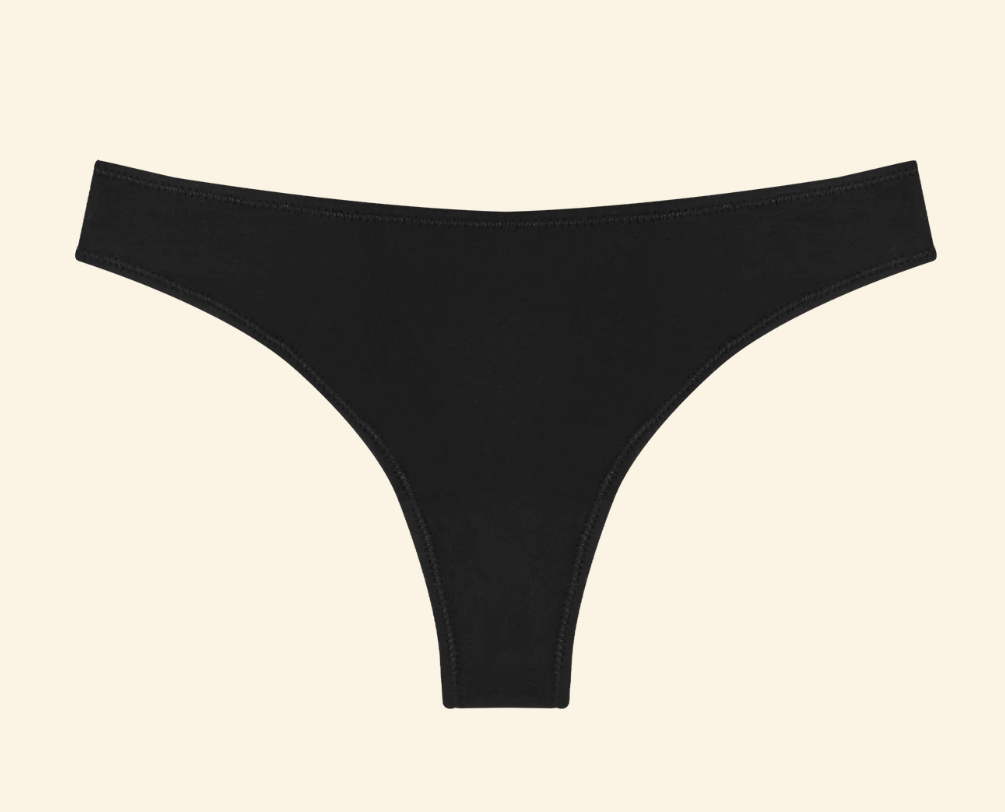
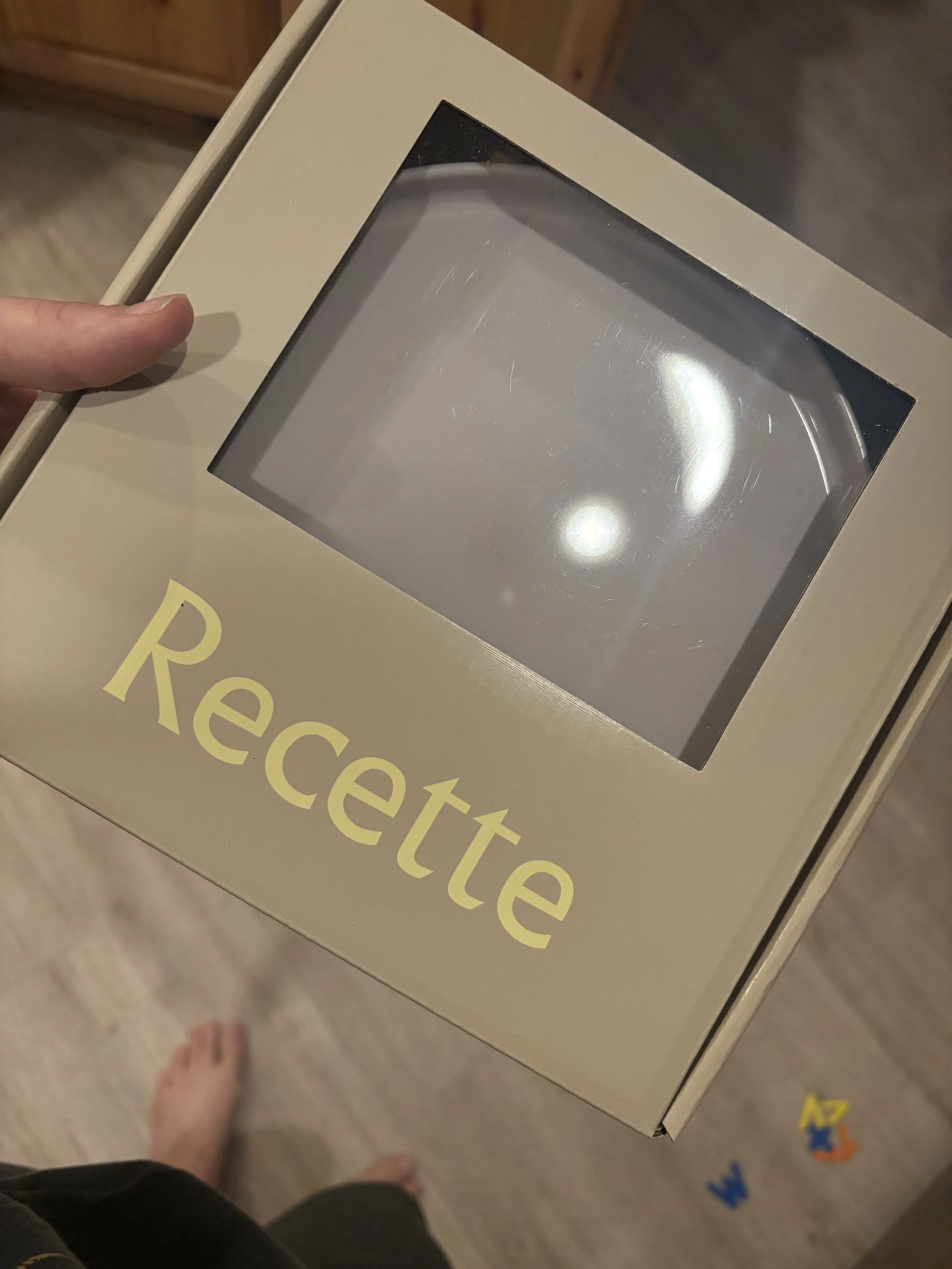





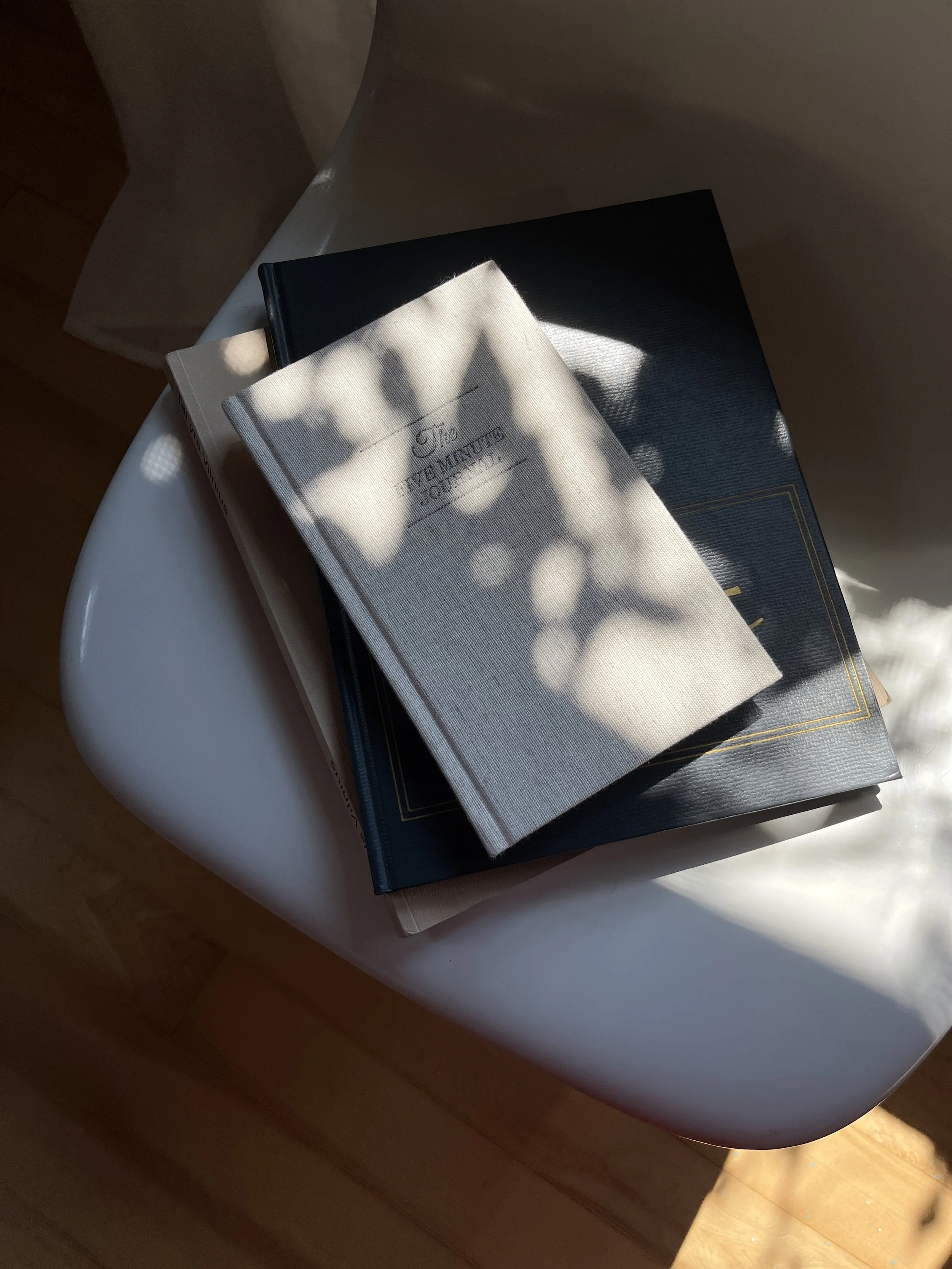

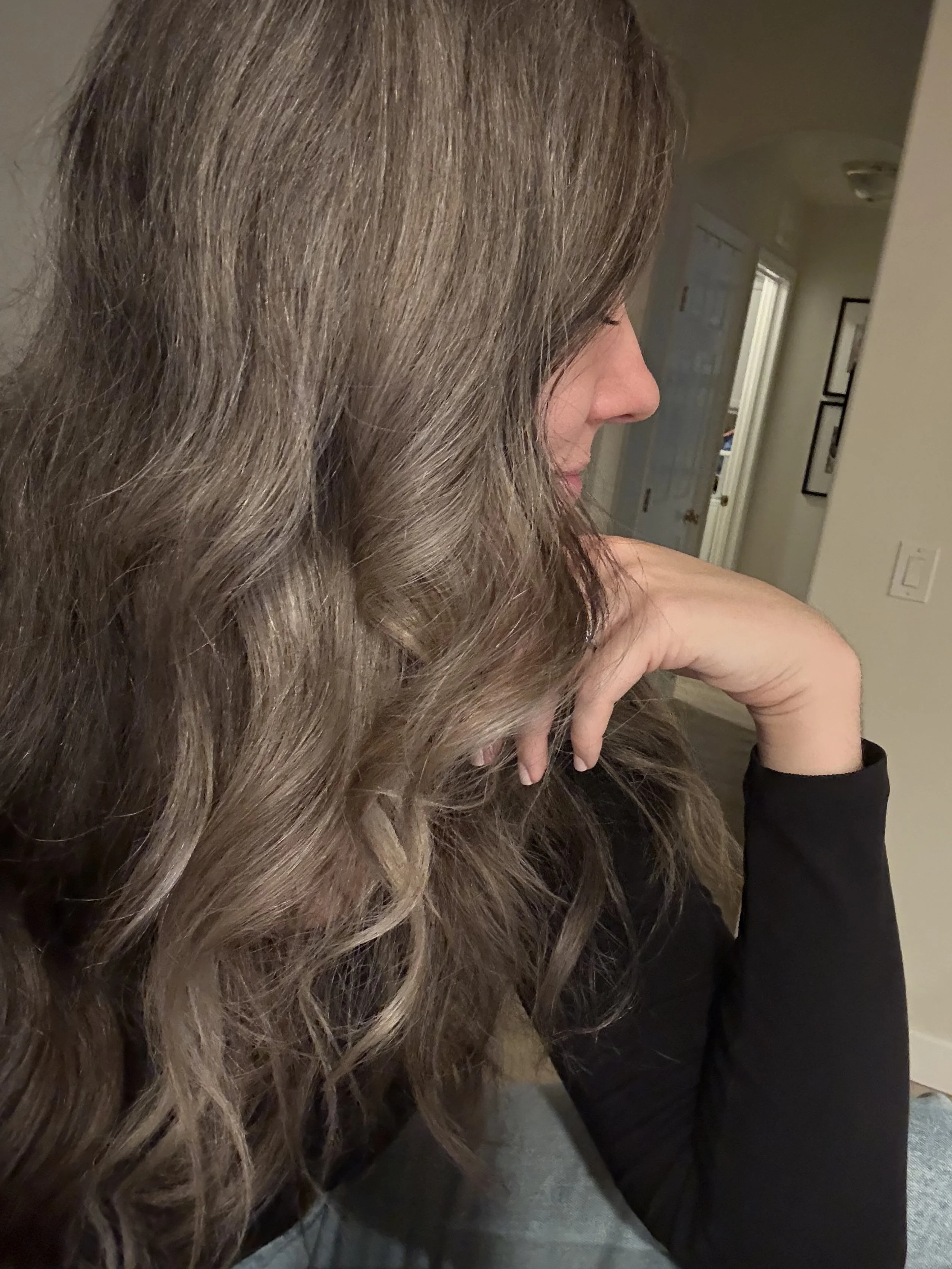

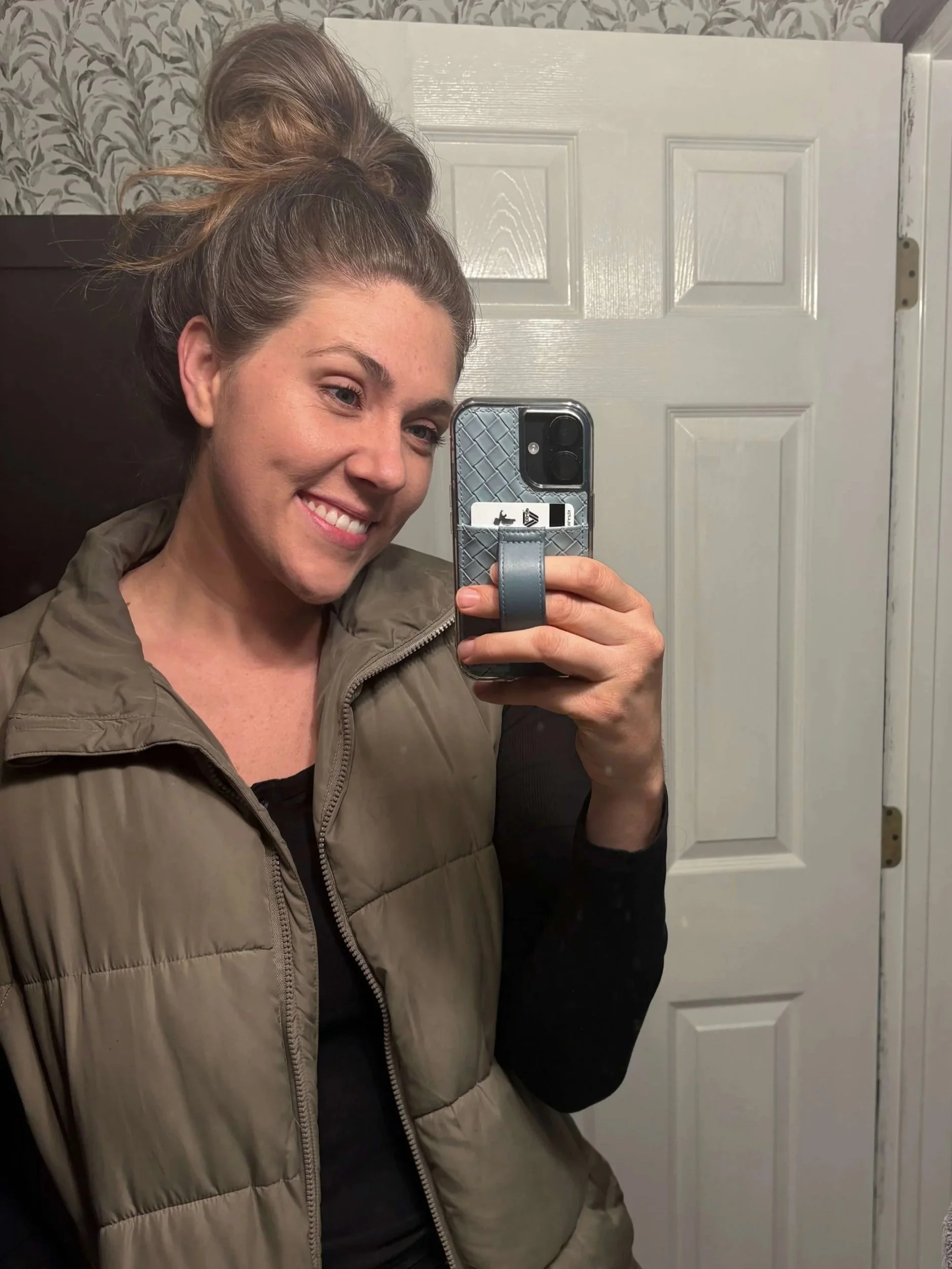

What is self-care actually?? This post explores what actually supports our wellness.. and all ideas shared take 5 minutes or less 👏